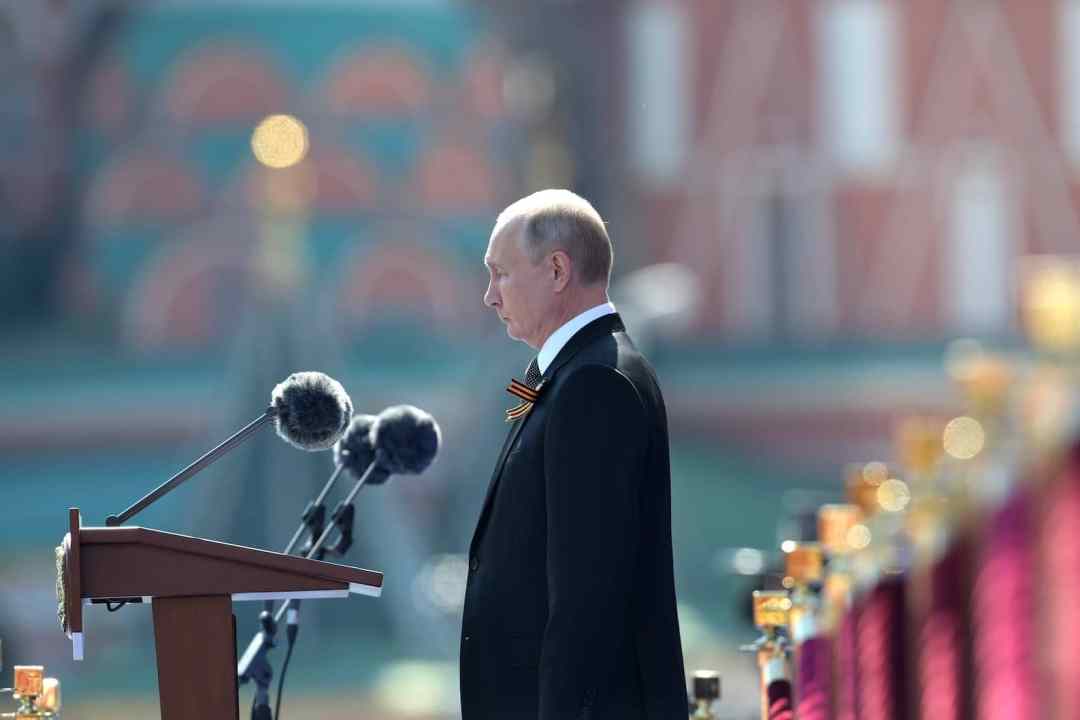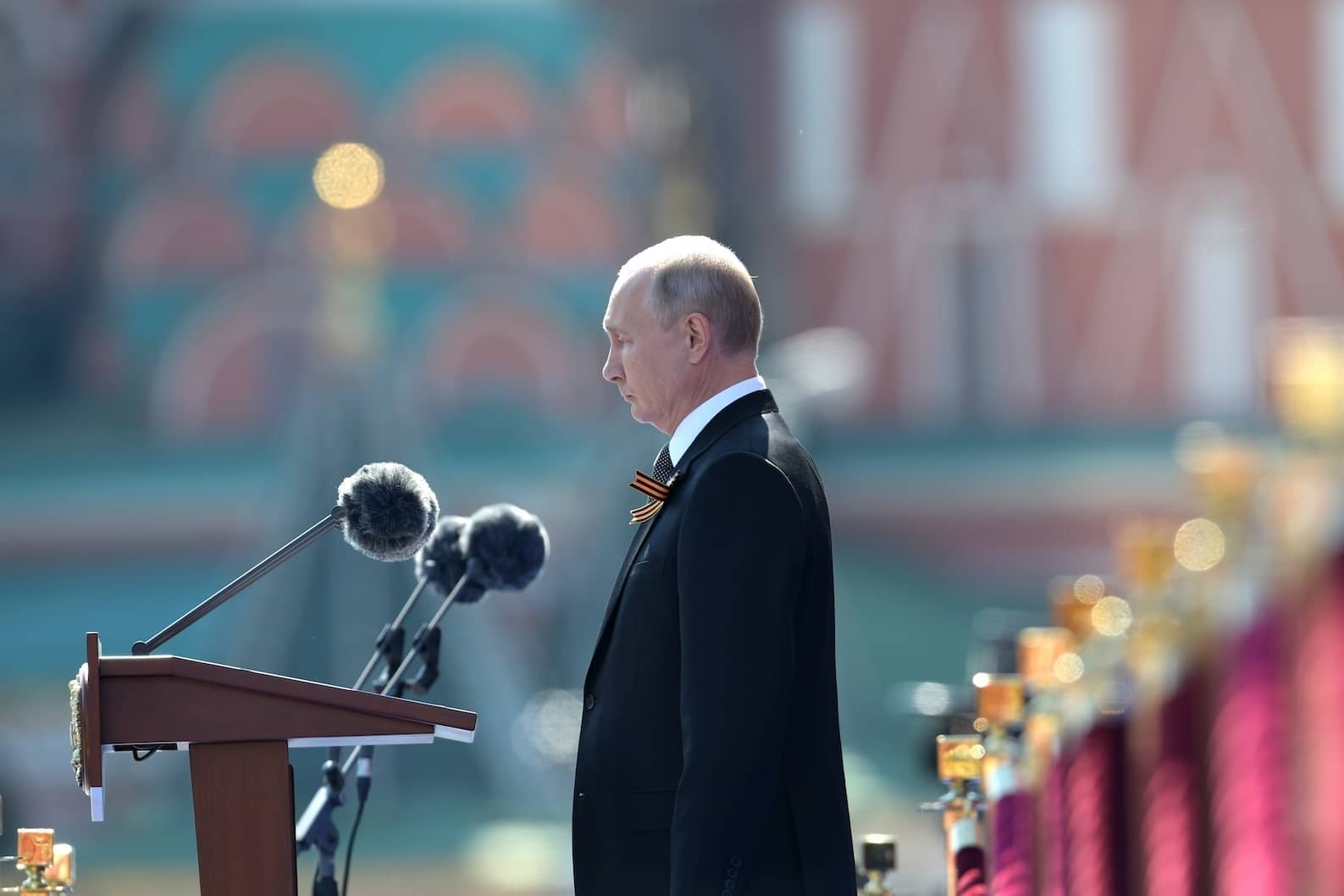‘It’s like being part of a cult,’ explains one student of Russia’s elite diplomatic academy. ‘They expect us to learn about diplomacy and the international order like nothing has changed, but everything has.’ Since it was founded by Joseph Stalin in 1944, the Moscow State Institute of International Relations has been a training ground for Russian ambassadors, Kremlin advisors and KGB spies. Now, though, discontent is stirring among the students.
In the weeks following the invasion of Ukraine, Russia passed a series of laws that made discrediting the armed forces an offence, punishable with fines and even jail time. While these future civil servants were always expected to ingest an official version of history and current affairs, the crackdown has made critical perspectives of government policy entirely unacceptable in the classroom.
‘They make it clear that nothing good will happen to you if you disagree,’ one young student warns. ‘We had a session where we discussed Ukraine and sanctions.

Britain’s best politics newsletters
You get two free articles each week when you sign up to The Spectator’s emails.
Already a subscriber? Log in








Comments
Join the debate for just £1 a month
Be part of the conversation with other Spectator readers by getting your first three months for £3.
UNLOCK ACCESS Just £1 a monthAlready a subscriber? Log in